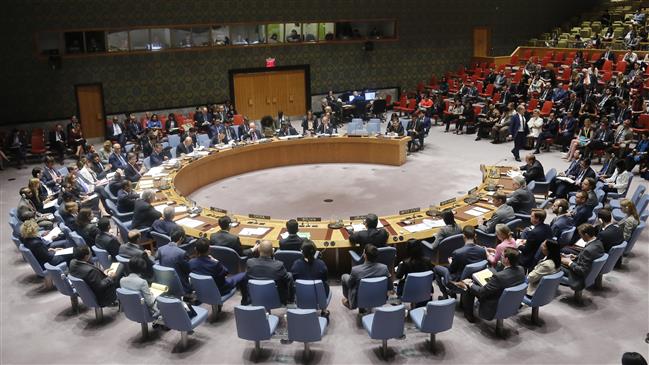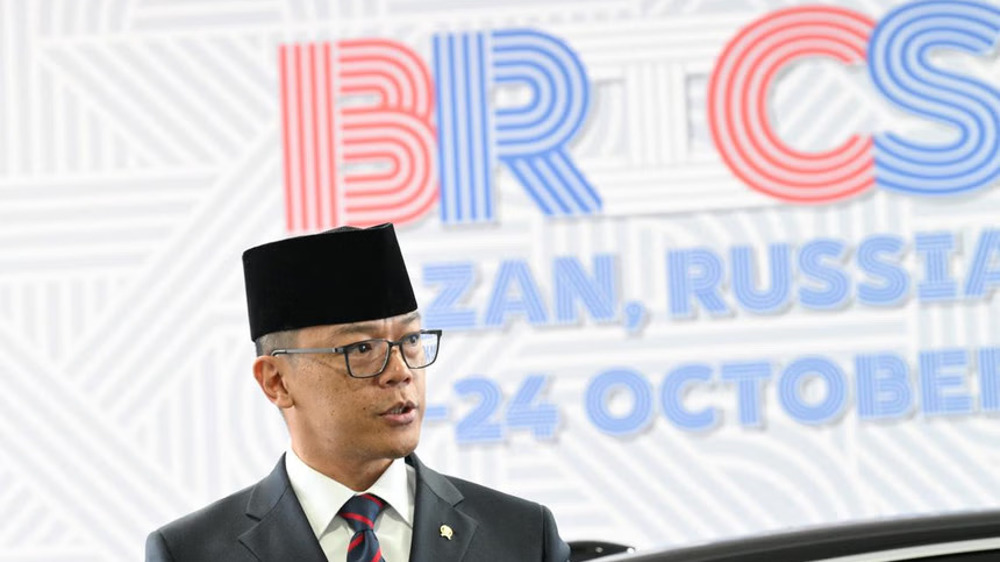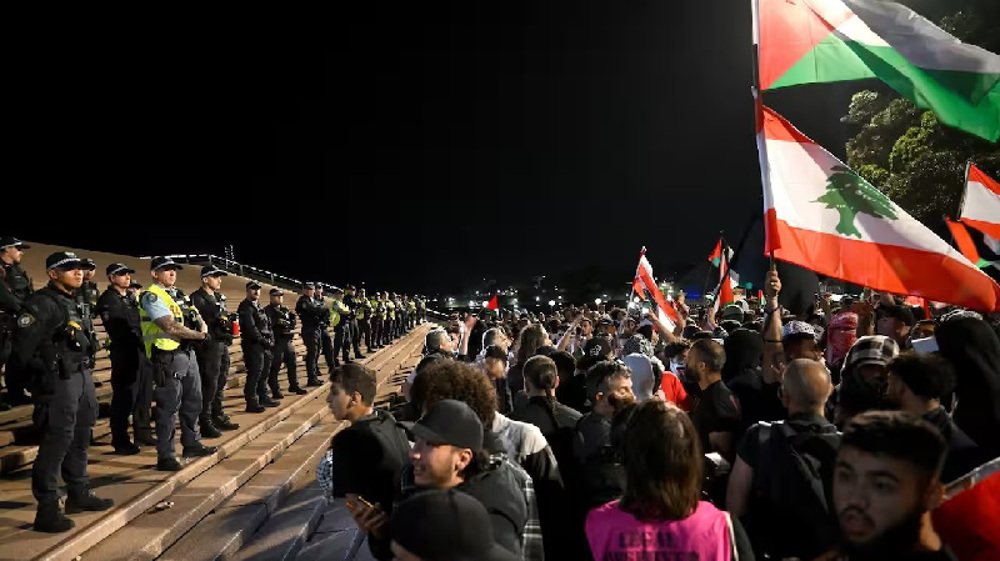Myanmar still not allowing safe return of Rohingyas: UN refugee chief
Myanmar has failed to lay the groundwork for the safe return of 688,000 Rohingya refugees who fled the country’s army crackdown six months ago, the UN refugee chief says.
"Let me be clear: conditions are not yet conducive to the voluntary repatriation of Rohingya refugees," UN High Commissioner for Refugees Filippo Grandi, who was speaking by videoconference from Geneva, told a UN Security Council meeting on Tuesday.
"The causes of their flight have not been addressed, and we have yet to see substantive progress on addressing the exclusion and denial of rights that has deepened over the last decades, rooted in their lack of citizenship," he added.
Despite an agreement reached between Myanmar and Bangladesh allowing for return of Rohingyas to their homeland in Myanmar’s Rakhine state, the refugees are still sheltering in makeshift camps in Bangladesh.
The meeting came three months after the Security Council called on Myanmar to rein in its security forces and allow the voluntary return of Rohingyas.
Grandi noted that although the exodus of refugees has decreased, the flow "still continues," with some 1,500 refugees arriving in Bangladesh in February.
He expressed concern over the looming monsoon rainy season, which starts in March, and warned that 100,000 refugees who are living in flood-prone areas must be relocated immediately.

The UN refugee chief called for growing international support for Bangladesh's government in an attempt "to avert a catastrophe."
The Security Council meeting demanded that aid workers have access to those displaced inside Rakhine state and called on UN Secretary-General Antonio Guterres to appoint a special envoy to Myanmar immediately.
Crimes against humanity
During the Security Council meeting, French Ambassador to the UN Francois Delattre said that a massacre of Rohingya Muslims in Myanmar reported by Reuters "could constitute crimes against humanity," and called for the release of two Reuters journalists jailed in the country.
US Ambassador Nikki Haley stressed that the Security Council must ensure Myanmar's military is held accountable for its crackdown on Rohingyas, noting that leader Aung San Suu Kyi must recognize the atrocities.
"This council must hold the military accountable for their actions and pressure Aung San Suu Kyi to acknowledge these horrific acts are taking place in her country. No more excuses," she said.
The US envoy said the refugees should not return to their country until they feel confident that "they will not fall victim to the same horrors that drove them from their homes in the first place."
"Right now, these refugees do not have this confidence. Many are too scared to return to their country," Haley said.

Chinese Ambassador to the UN Ma Zhaoxu, whose country has been a supporter of Myanmar's former ruling junta, called for patience and noted that "stability and order" had been restored to Rakhine state.
The Rohingya crisis "cannot be solved overnight," he said.
Ma said Myanmar must “address the root cause of poverty through development," without mentioning the appeals for granting citizenship rights to the Rohingya.
Although the Rohingyas have been living in Myanmar for generations, the country denies them citizenship rights, saying they are immigrants from Bangladesh.

In a new wave of violence, Myanmar’s forces have been attacking Rohingya Muslims and torching their villages in Rakhine since October 2016. The attacks have seen a sharp rise since August 25, 2017, following a number of armed attacks on police and military posts in the troubled western state.
Since August, a military crackdown on the Rohingya has forced nearly 700,000 members of the one-million-plus-strong community to flee their homes in Rakhine and head to Bangladesh.
Refugees are still entering Bangladesh with harrowing tales of abuses, including mass rapes, executions and torture, by Buddhist mobs and the military. Many have lost their homes to arson attacks in Rakhine, where rights groups say entire Rohingya settlements have been burned to the ground.
Rights campaigners also say the systematic destruction of hundreds of villages, mosques and property is effectively rubbing out the Rohingya's ties to their ancestral lands.
South Korean President Yoon arrested over failed martial law bid
VIDEO | Press TV's news headlines
US budget deficit surges to record $711 billion
VIDEO | Yemeni army conducts three attacks against Israel within 12 hours
VIDEO | Gaza’s kidney patients face imminent death amid lack of fuel
Yemeni drones hit targets in Israel-occupied Yaffa
VIDEO | Is the worst yet to come?
ICC prosecutor pushes rejection of appeal on Netanyahu arrest warrant












 This makes it easy to access the Press TV website
This makes it easy to access the Press TV website